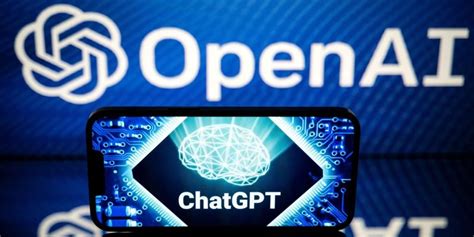The recent uproar over OpenAI’s ChatGPT voice selection, specifically the Sky voice resembling Scarlett Johansson, has sparked interesting debates within the tech community. While some users found the similarity amusing or complimentary, others raised concerns about potential legal risks and the ethical implications of voice cloning. The controversy sheds light on the complex intersection of AI technology, celebrity image rights, and user preferences.
One intriguing aspect of the discussions is the varying opinions on whether the voice indeed sounded like Scarlett Johansson. Some users pointed out the subtle differences, while others believed the similarity was intentional. This divergence in perception highlights the subjective nature of audio recognition and the challenges in defining the boundaries of voice likeness. Additionally, the debate over whether OpenAI should have pursued licensing from Johansson underscores the evolving landscape of intellectual property rights in the realm of AI-generated content.
Furthermore, the comments reflect broader concerns about user agency and transparency in AI applications. Users lamented the removal of the Sky voice, citing personal preferences and the potential impact on user experience. The episode also raised questions about the role of tech companies in addressing user feedback and balancing creative choices with public perception. As AI technology continues to advance, issues of representation, user trust, and algorithmic bias will undoubtedly remain at the forefront of ethical discussions.
In the context of AI ethics, the OpenAI controversy serves as a case study for navigating the intricate ethical challenges posed by emerging technologies. The tension between innovation, user expectations, and legal considerations underscores the need for robust ethical frameworks and clear communication strategies in the development and deployment of AI systems. As we witness the evolution of AI voices and conversational agents, fostering transparency, inclusivity, and responsible AI practices becomes imperative for building trust in AI solutions.
Ultimately, the OpenAI ChatGPT voice controversy highlights the multifaceted nature of ethical debates in the tech industry. From concerns around voice cloning and celebrity rights to user experience and algorithmic decision-making, the incident prompts critical reflections on the societal impact of AI technologies. As developers, users, and policymakers navigate the complexities of AI ethics, the dialogue sparked by this event underscores the importance of thoughtful consideration, diverse perspectives, and ethical foresight in shaping the future of AI innovation.
The OpenAI saga exemplifies the intricate dynamics surrounding tech companies’ choices, user feedback, and societal expectations in the age of AI. By delving into the nuances of voice selection, legal implications, and user responses, we gain valuable insights into the evolving landscape of AI ethics and the pivotal role of ethical considerations in shaping the trajectory of AI development. As the tech industry grapples with complex ethical dilemmas, the OpenAI controversy stands as a testament to the profound impact of technology on culture, creativity, and legal frameworks in the digital era.


Leave a Reply